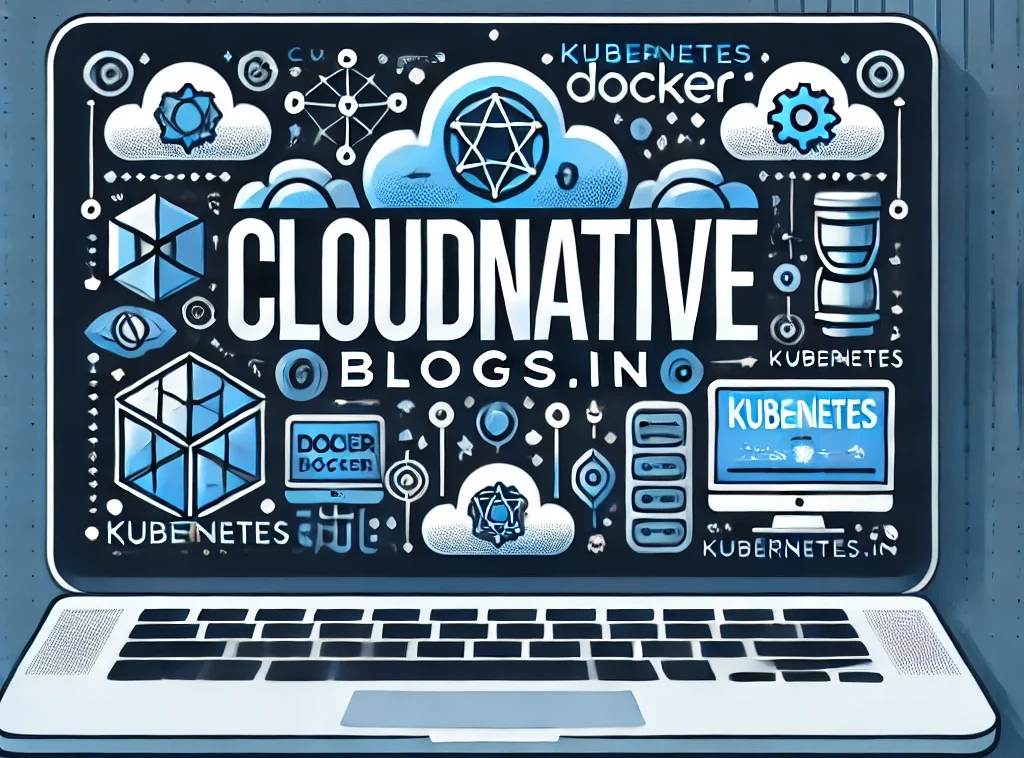Containerization and Kubernetes have revolutionized software deployment by offering consistency, automation, and scalability, enabling faster and more reliable application management in modern development environments.
Kubernetes vs Docker Swarm: Ultimate Container Orchestration Comparison
This in-depth article examines the key differences between Kubernetes and Docker Swarm, highlighting architecture, scalability, community support, deployment complexity, and performance factors to help choose the ideal container orchestration platform.
Exploring the Design Goals of Kubernetes and the Role of Edera’s Hypervisor
Explore the foundational goals of Kubernetes in managing containerized applications and how Edera’s hypervisor extends these capabilities, offering enhanced security, improved resource optimization, and comprehensive virtualization support for modern IT environments.
Here’s a cheat sheet for kubectl commands with 100 commands and examples
Here’s a cheat sheet for kubectl commands with 100 commands and examples
Launching Your Containerized Dreams: A Guide to Free Cloud Resources for Docker and Kubernetes
Within the dynamic field of software development, containerisation has become a potent method for creating, implementing, and expanding applications. Large-scale containerised deployments are orchestrated and managed by Kubernetes, while Docker containers offer lightweight, portable environments. What happens, though, if you are just getting started or do not have much money? Fear not—this post delves into […]
Implementing Disaster Backup for a Kubernetes Cluster: A Comprehensive Guide
In this article, we\’ll explore how to implement a disaster backup for a Kubernetes cluster effectively.
Telepresence: Enhancing Kubernetes Development
In this comprehensive guide, we\’ll explore Telepresence in detail, uncovering its functionality, benefits, use cases, and best practices for seamless integration with Kubernetes.
Logging and Monitoring in Kubernetes
In this post, we will go into the realm of Kubernetes logging and monitoring, looking at the best practises, tools, and tactics for keeping your cluster working smoothly.
Tutorial: Installing and Using Prometheus in Kubernetes
This guide will help you set up Prometheus to monitor your Kubernetes cluster effectively.
Security Considerations in Kubernetes
In this comprehensive guide, we will explore the key security aspects of Kubernetes, including best practices and recommendations.
Kubernetes Monitoring: Ensuring Performance and Stability in Containerized Environments
In this article, we will explore the challenges of monitoring Kubernetes environments and highlight key tools and techniques for effective Kubernetes monitoring.
Docker Swarm: Simplifying Container Orchestration at Scale
This article explores the fundamentals of Docker Swarm, its key features, and why it has become a popular choice for container orchestration.
Mesos: Simplifying Large-Scale Cluster Management
In this article, we will delve into the features, benefits, and use cases of Mesos, exploring how it revolutionizes cluster management.
Create Custom Resource Definitions in Kubernetes
Know the steps to create CRDs
Kubernetes: Advantages and Disadvantages
Learn the advantages and disadvantages of using Kubernetes
What is Docker Swarm
Container Orchestration with Docker Swarm
Introduction to Container Orchestration
know about container orchestration
Resource Quota: Control your Kubernetes Resources
Use resourceQuota to control usage of compute resource inside Kubernetes cluster.
Automate Your Kubernetes Deployments with Helm
Automate Your Kubernetes Deployments with Helm
Externalizing Configurations in Kubernetes Using ConfigMap and Secret
Use ConfigMap and Secrets in Kubernetes to externalize configurations
What is the Difference Between Kubernetes and Docker Swarm
Understand the difference between Kubernetes and Docker swarm
Multi-Container Pod Design Patterns in Kubernetes
Learn when to use multi-container pods in kubernetes
How to pass Certified Kubernetes Administrator (CKA) examination
Introduction Certified Kubernetes Architect examination is one of the certifications offered by Linux Foundation. This certification is for Kubernetes administrators, cloud administrators and other IT professionals who manage Kubernetes instances. CKA was created by The Linux Foundation and the Cloud Native Computing Foundation (CNCF) as a part of their ongoing effort to help develop the […]










